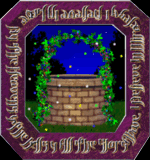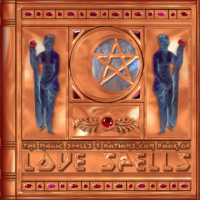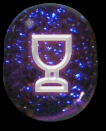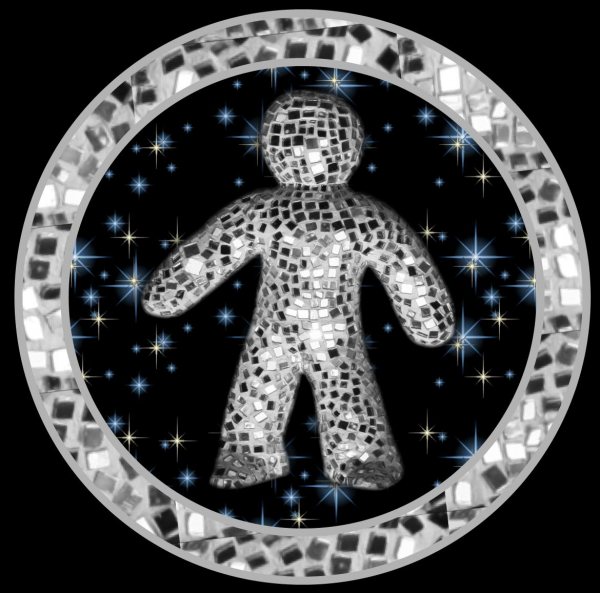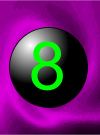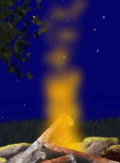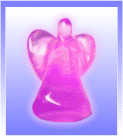Yew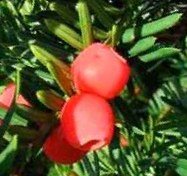
Although the Yew--a Conifer--which is so thoroughly English a tree, is known to be highly poisonous as regards its leaves to the humans subject, and as concerning its loppings or half-dead branches, to oxen, horses, and asses, yet a medicinal tincture (H.) is made from the young shoots, which has distinct and curative uses. Both the Yew and the Ivy were called abiga, because causing abortion
Added Mar 5, 2011
| 6,843 Reads
Moreover, the red berries, or their coloured fleshy cups, are not poisonous when taken in moderation, but rejecting the seeds. Gerard says: "When I was yong, and went to schoole, divers of my school-fellows and likewise myself, did eat our fils of the berries of this tree, and have not only slept under the shadow thereof, but among the branches also, without any hurt at all, and that not one time, but many times." Yet Leo Grindon says, much more recently: "Though the juice and pulp of the sweet and viscid berries are not harmful, still the seeds of the Yew, and the leaves are deadly poison." In the Herbal of 1578, Lyte tells us the Yew is altogether venomous, and against man's nature. "Such as do but only sleep under the shadow thereof become sick, and sometimes they die;" and, "the extract of yew is used by ignorant apothecaries to the great peril and danger of the poor diseased people." The Yew tree (Taxus baccata) occurs in mountainous woods and rocky glens about Britain, but is rare as of native growth. Its name, Taxus, is a corruption of toxos, an arrow, since arrows in the old time were poisoned with the juice of yew. The tree was planted frequently by our forefathers in churchyards, because of its value in the manufacture of bows. It is exceedingly long lived, and often attains great magnitude of girth. A ghastly superstition was attached to the Yew when thus growing in a churchyard, that it would prey upon the dead bodies lying beneath its sombre shade. So Tennyson writes (In Memoriam):-- "Old Yew! which graspest at the stones That name the underlying dead, Thy fibres net the dreamless head, Thy roots are wrapped about the bones." The juice of the tree and of its leaves is a rapidly fatal poison, the symptoms corresponding in a very remarkable way with those which follow the bites of venomous snakes. No known poison but the Yew produces the lazar-like ulcerations upon the body, on which Marlowe lays such stress--(Jew of Malta):-- "In few, the blood of Hydra--Herne's bane, The juice of Hebron, and Cocytus' breath, And all the poisons of the Stygian pool." The witches in Macbeth include it in their accursed brew:-- "Liver of blaspheming Jew, Gall of goat, and Slips of Yew." The Yew tree is called "Hebon" by Spencer, and "Jew of Malta" by other writers of Shakespeare's time. The leaves are bitter, nauseous, and acrid. The succulent covering of the fruit is soft and slimy, mawkishly sweet, and mucilaginous. The leaves have a dangerous effect on the circulation of the heart, and when taken with any freedom are as fatal as the Foxglove. Before the new Shakespeare Society, 1882, it was contended and proved to the satisfaction of the Society, that "the cursed Hebena," the "leperous distilment poured into the chambers of mine ears," told of, so pathetically, by the sad ghost of Hamlet's father, was the poison of the Yew, and identical with Marlow's juice of Hebron. Ray mentions that a gardener employed in clipping a Yew tree at Pisa, could not proceed with his work for more than half-an-hour at a time without being seized with a violent pain in the head. Nevertheless, deer, sheep, and goats can eat the foliage with impunity. The fresh leaves were administered to three children near Manchester for worms. Yawning and listlessness came on, and the eldest vomited a little, but neither of them complained of any pain. They all died within a few hours of each other. Because being then green, on the Sunday next before Easter, the branches of the Yew tree have been used as a substitute for the Palms which symbolise the entry of Jesus into Jerusalem. The symptoms induced by provings of the leaves and juice in toxic quantities, have been sick headache, with giddiness, feeble, faltering pulse, coldness of the extremities, diarrhoea, and general prostration. So that for this combination of symptoms, as in severe biliousness, or as in the auditory vertigo of Menière's disease, small doses of the diluted tincture are found to give prompt and effectual relief. The leaves contain a volatile oil, tannin, and a bitter principle "taxina," which is also furnished by the seeds. An extract of Yew has been pronounced a useful narcotic by more than one physician of repute: and in some parts of Germany a decoction of the wood is a well-known remedy against hydrophobia. A jelly prepared from the yew berries has been given for chronic bronchitis, and the leaves have been used for epilepsy; likewise they have been taken by ignorant persons to induce abortion, but with serious injury to the experimenter. In some rural districts the berries [623] are known as "Snots"; whilst the wood and roots are "Wire thorn." By an old statute of Edward the First, yew trees were required to be placed in churchyards to defend the church from high winds, the clergy being allowed to cut them down for repairing the chancel when necessary. Perhaps, partly for this reason, the Yew was commonly planted by the side of a newly-built church. That Yew wood was certainly employed for making bows, we learn from Shakespeare:-- "Thy very beadsmen learn to bend their bows Of double-fatal Yew against thy state." It was "double-fatal," because the leaves and fruit seeds are poisonous, and the bows made from its branches, as well as arrows armed with its deadly juice, were instruments of death. Against the maladies which have been specified as indicating the tincture of Yew for their cure, from five to ten drops of the third decimal tincture should be given, with a spoonful of water, every two, three, or four hours, whilst required. In Switzerland the Yew is known as William's tree, in memory of Tell. Formerly the name was spelt "Eugh," "Yeugh," and "Ewgh." Spenser says:-- "The Eugh--obedient to the bender's will."
Added Mar 5, 2011
| 6,843 Reads
Share The Magic ...
The GoE MONEY!!! Course - A Course In Real MONEY MAGIC!
|

